The Benefits of Socialization: Raising Well-Adjusted Canine
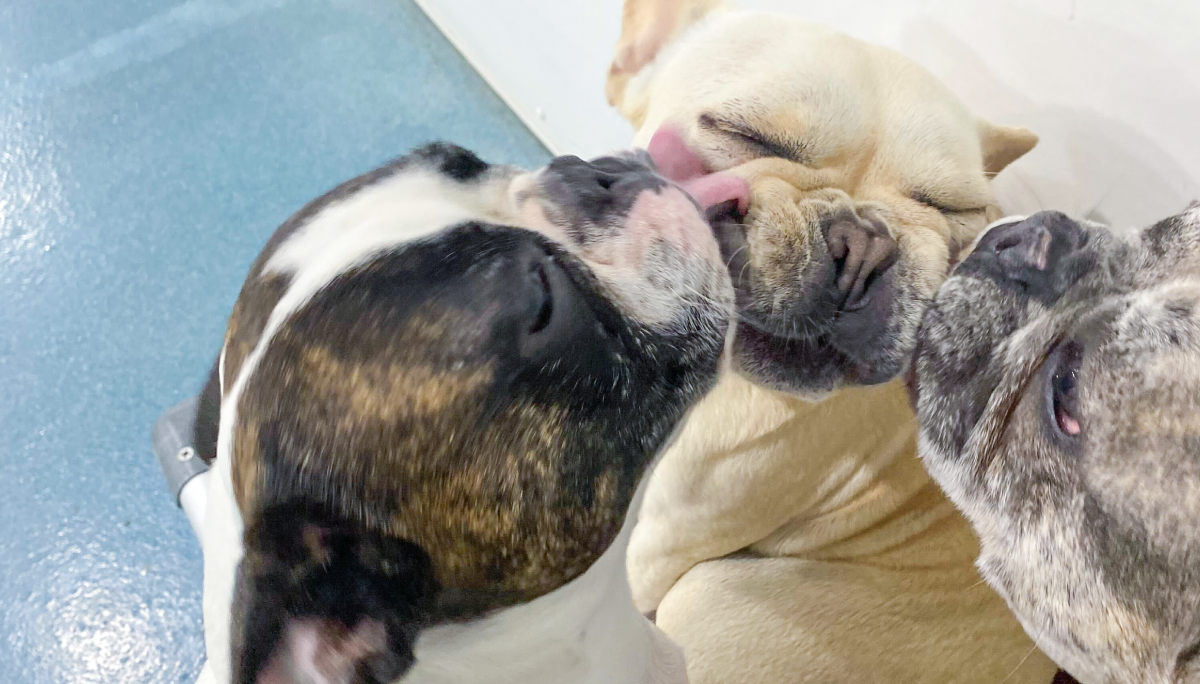
Socialization is incredibly important for a dog’s well-being and behavioral improvement. When dogs can interact well with other dogs, you have more freedom in public settings. Dogs, like people, are social animals, and socialization plays a crucial role in their behavioral and emotional growth.
It’s essential to start socializing your puppy from the beginning and provide them with ample exposure to other puppies during the first six months of their life. To maintain their good behavior as they mature, make socialization a regular part of their routine.
Socializing your canine companions offers numerous benefits.
Improved Behavior and Emotional Stability
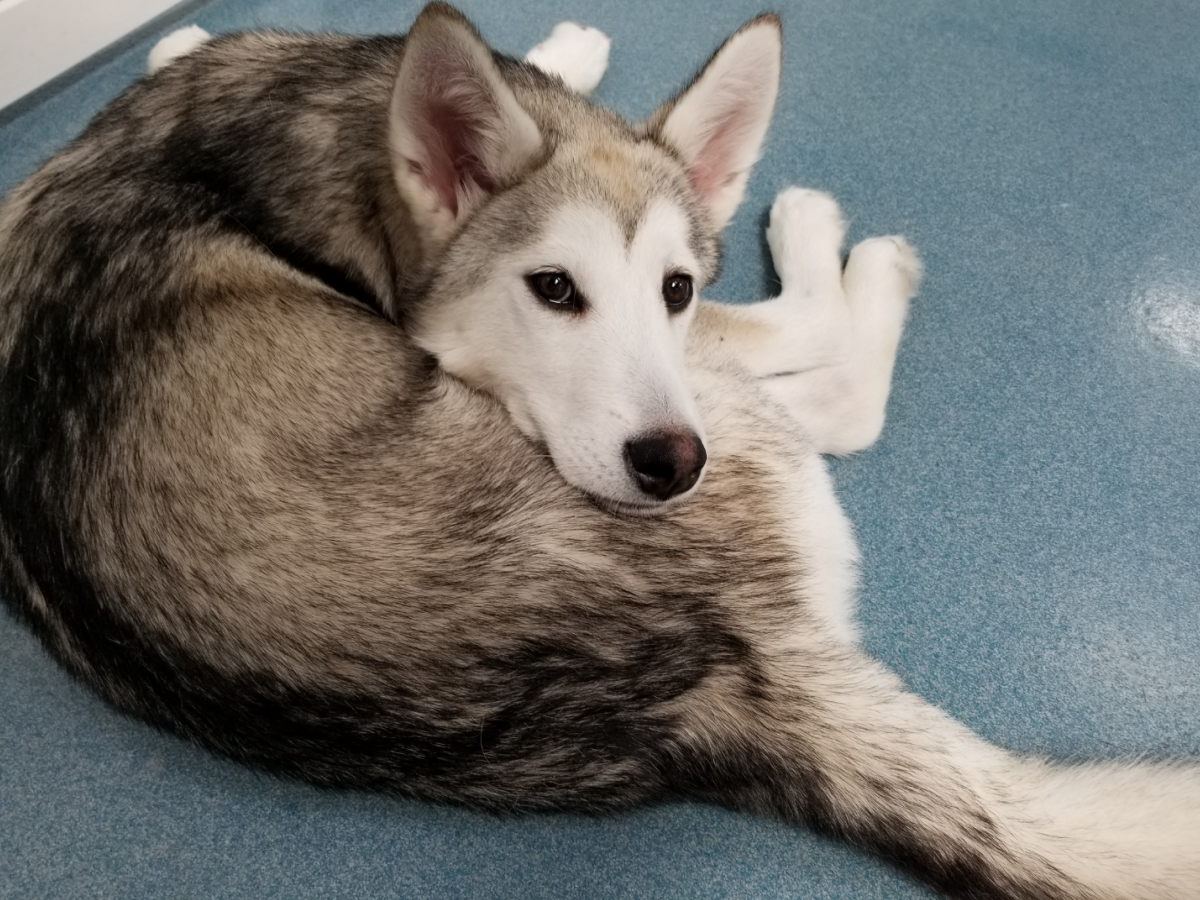
Building Confidence and Reducing Fear in Dogs: As a pet owner, you will come to realize that animals have their own unique personalities, just like you and other people. Over time, you may notice that your puppy or dog struggles with confidence. Socializing them helps boost their confidence and reduces fear by fulfilling their emotional need for interaction with other animals.
Preventing Common Behavioral Issues such as Aggression and Anxiety: Aggression and anxiety are two common behavioral issues that dogs may experience. Early socialization helps them learn to feel more at ease around strangers and unfamiliar dogs, reducing anxiety.
Fostering Healthy Communication and Social Cues Among Dogs: Dogs need opportunities to learn proper behavior and healthy communication when interacting with other dogs. Regular interaction with other dogs, such as through doggy daycare or classes, is essential for them to develop these skills.
Enhanced Adaptability and Resilience
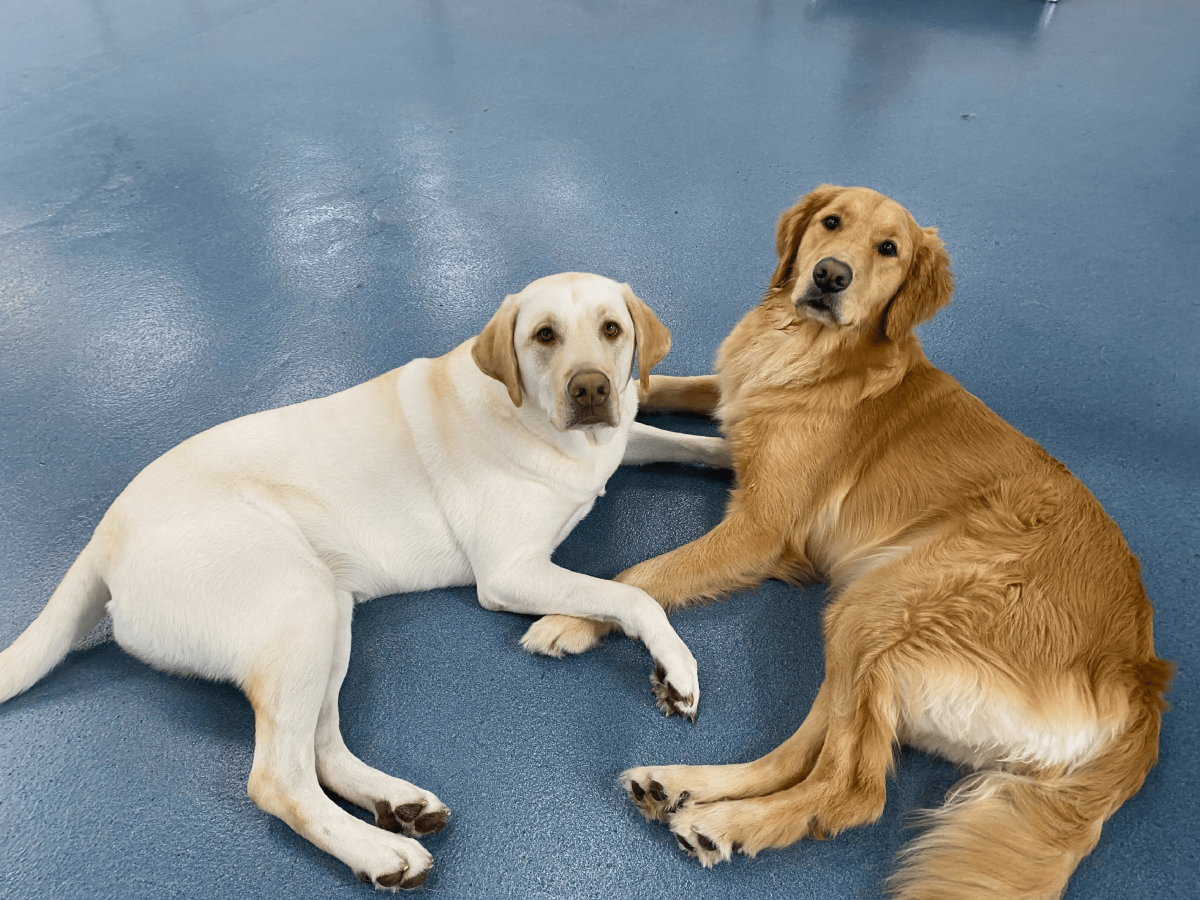
Exposing Your Dog to Various Environments and Situations: Introducing your dog to different environments and situations is essential for their growth. They enjoy the excitement of something new, just like we do. Make it a point to take your dog to new places that involve socializing at least a few times a month.
Helping Your Dog Feel Comfortable with New Experiences: While exposing your dog to new situations is important, it can also be intimidating for them. Depending on their temperament, you may need to gently encourage them using reward-based training techniques, soothing words, and gentle strokes to make the new experience less frightening.
Preparing Your Dog for Life Changes, such as Moving or Introducing New Family Members: Life changes can occur unexpectedly, and it may be challenging for your dog to understand and adjust. When faced with a move or the arrival of a new family member, like a baby, it can unsettle your dog. In such situations, try to introduce changes gradually and consistently, allowing your dog to adapt over time.
Strengthening the Human-Canine Bond
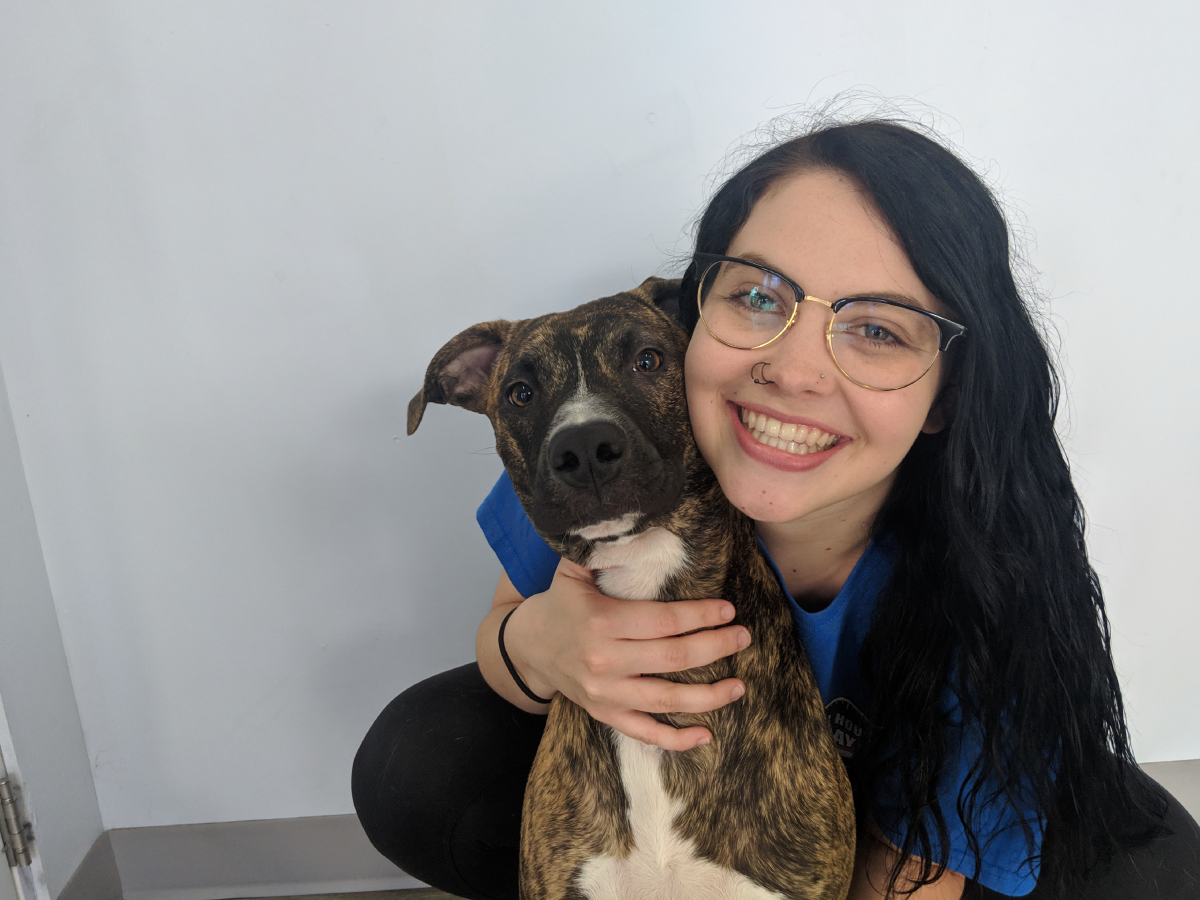
Encouraging Trust and Respect Between Dog and Owner: While it’s important for a dog to socialize with other people and animals regularly, it is equally crucial to strengthen the bond between you as the owner and your dog. This ensures that in new situations, your dog will trust that you have their best interests at heart and will refrain from acting impulsively when you are present.
Providing Opportunities for Positive Interactions with Other Dogs and People: Schedule regular time in your weekly routine for walks and meetings with other dogs and people. Prior to these interactions, ensure your dog is vaccinated to prevent them from getting sick or picking up illnesses from other dogs.
Reinforcing Positive Behaviors and Enhancing Your Dog’s Learning Ability: Consistency and a reward-based training approach are key to reinforcing positive behaviors in your dog. If you’re not seeing the desired results, don’t hesitate to seek help from a professional dog trainer. There are numerous online resources, including dog trainers on the web and social media, who provide valuable content and tips to assist you in navigating dog training.
Tips for Successful Socialization
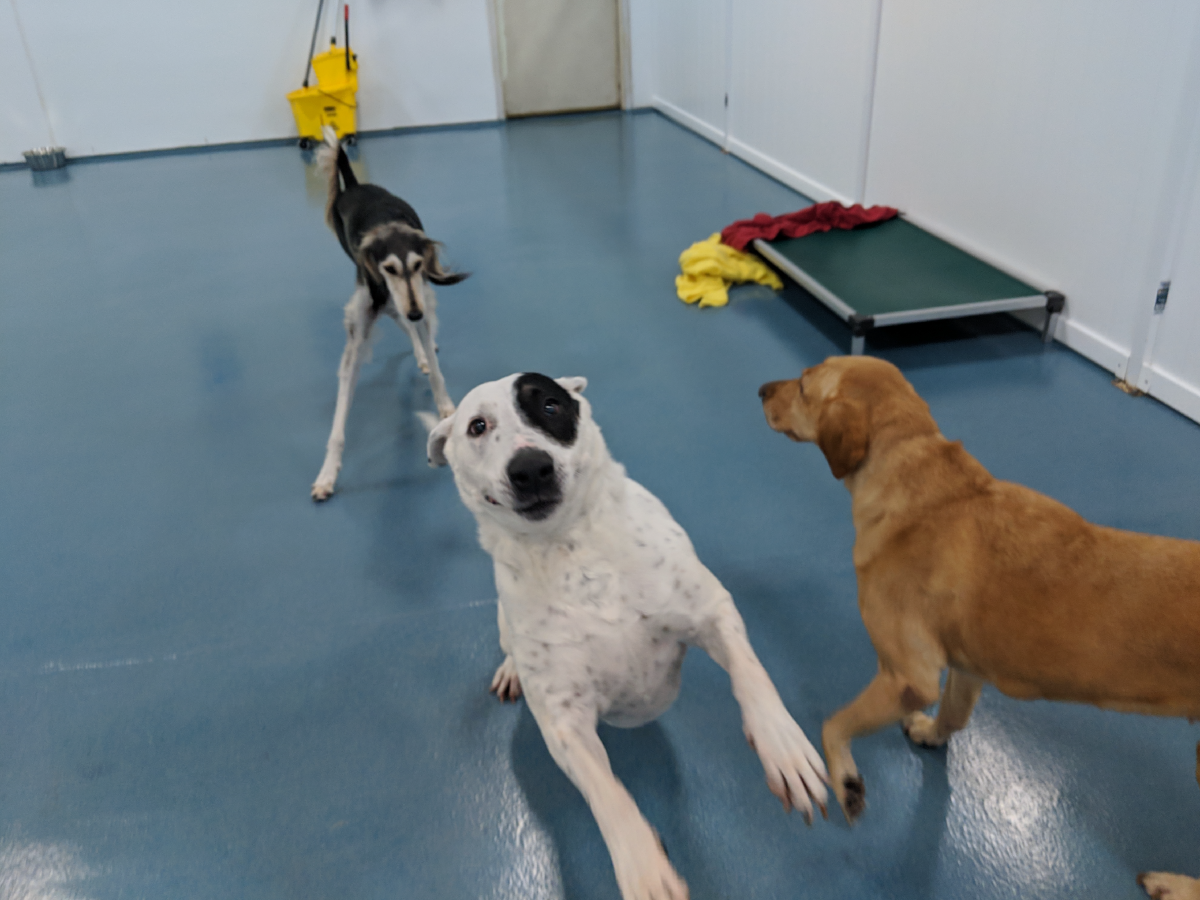
Start Early, But Remember It’s Never Too Late: The old saying “you can’t teach an old dog new tricks” is false. It’s absolutely possible to teach and reinforce positive behaviors in dogs of any age, whether they’re puppies or fully grown.
If you rescue or inherit a dog that struggles with socializing, don’t lose hope. You can successfully retrain their social skills and gradually acclimate them to other dogs. While you may need to supervise their interactions, you can certainly improve the situation.
Utilize Positive Reinforcement and Treats to Reward Desired Behaviors: Reward-based training techniques are effective and popular. By rewarding your dog with treats, food, and affection when they exhibit desired behaviors, you can train them effectively. Just as you should address and discourage unwanted behaviors early on, it’s equally important to praise and reinforce the good behaviors you observe.
Introduce New Experiences Gradually and Adapt to Your Dog’s Pace: Every dog has a unique temperament and responds differently to training. This can be influenced by their breed and individual characteristics. While socialization boosts your dog’s confidence, it should be done at their own pace.
By spending quality time with them and engaging in regular training sessions, you’ll understand their temperament and tolerance level, allowing you to adjust the training accordingly.
Enroll in Puppy Socialization Classes or Attend Dog-Friendly Local Events: Consistent exposure is key to teaching your puppy. If you don’t have access to other pet owners or feel unsure about interacting with them in public, dedicated spaces can be helpful. Puppy socialization classes provide a controlled environment where your puppy can interact and play with other puppies, learning valuable social skills.
Socializing Your Dog Is Important
Doggy daycares can also provide additional exposure. Additionally, attending dog-friendly events, even if they’re not specifically focused on dogs, can reinforce their socialization skills and provide further learning opportunities.
Socializing Your Dog Is Important
Your dog will have lifelong benefits with proper socialization, such as greater health and more ideal behaviors. It’s important for you to prioritize socialization efforts for your pet, particularly in the first year of its life.
Raising a well-adjusted canine requires time, patience, and dedication. It isn’t simple and at times it isn’t easy, but it is absolutely worth it to both you and your four-legged friend.
If you want to start socializing your dog on a regular basis, you can contact us to request a quote!
FAQs
How Often Should I Socialize My Dog?
As often as you can! There are no upper limits on socializing your dog, and all exposure can help. Just make sure that your dog isn’t displaying any signs of being annoyed or overwhelmed by how often they are in social situations.
Will I Get Into Trouble If My Dog Bites Another Dog?
As a pet owner it is your responsibility to act reasonably if your dog has bitten another dog. If you think this is a risk, you should speak to a pet owner, daycare center, or puppy class organizer prior to attendance so that precautions can be taken.
How Do I Help My Dog Get Over a Biting Experience?
If your dog was bitten while trying to socialize, it’s understandable they’ve become a little nervous and wary of other animals. Daycare and class providers can work with you to ensure your dog is given extra measures to make sure they’re safe with the other dogs they’re socializing with and aren’t rushed into anything. By keeping them comfortable and taking a slower pace, we can help a dog to move past a negative experience.


